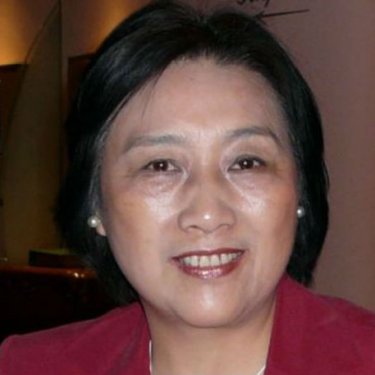Journalist still under house arrest, cannot receive treatment abroad

A Beijing court has told journalist Gao Yu that she can continue serving her five-year jail term under a form of house arrest for another year from 26 November but has warned her that she could be sent her back to prison “at any time.”
She meanwhile remains under close police surveillance and continues to be banned from receiving medical treatment abroad.
Judge Li Yongling issued the decision coupled with the warning on 25 November. Radio Free Asia has quoted anonymous sources as saying the warning was a message that the government was sending via the justice system.
The judge said that Gao’s health had improved and that she had put on weight. Her lawyer, Shang Baojun, said that, according to doctors, Gao suffers from high blood pressure, cardiac problems, an inner ear disorder known as Ménière's disease, scoliosis and lymphatic malformations.
“We are reassured to see that Gao Yu is not going back to prison for the time being but we are very concerned by the judge’s barely veiled threats,” said Benjamin Ismaïl, the head of the Asia-Pacific desk at Reporters Without Borders (RSF).
“How could we fully welcome this decision? Gao should not have been convicted in the first place. If the Chinese authorities truly wanted to demonstrate that they respect fundamental rights, they would let her receive appropriate medical care by allowing her to leave China temporarily.”
While serving her jail term under house arrest, Gao and her family are subject to constant harassment by the authorities. In a raid on her home in March, about 20 plainclothes policemen trashed her garden and roughed up her son, Zhao Meng.
Gao was arrested on 24 April 2014 for sending supposedly confidential Communist Party documents abroad. In fact, they consisted solely of educational material for party officials. Initially held incommunicado, she re-appeared on state-owned China Central Television (CCTV) two weeks later “confessing her crimes” to a police officer.
This disgraceful video showed that China continues to use mistreatment to justify detaining independent journalists and anyone else regarded as overly critical of the party. The broadcasting of this footage by a government-controlled TV news channel constituted a direct and grave violation of the right to due process.
At her trial in November 2014, Gao said she had made the confession under duress because of the threat of reprisals against her son.
The world’s biggest prison for journalists and bloggers, with more than 100 detained, China is ranked 176th out of 180 countries in RSF’s 2016 World Press Freedom Index.



